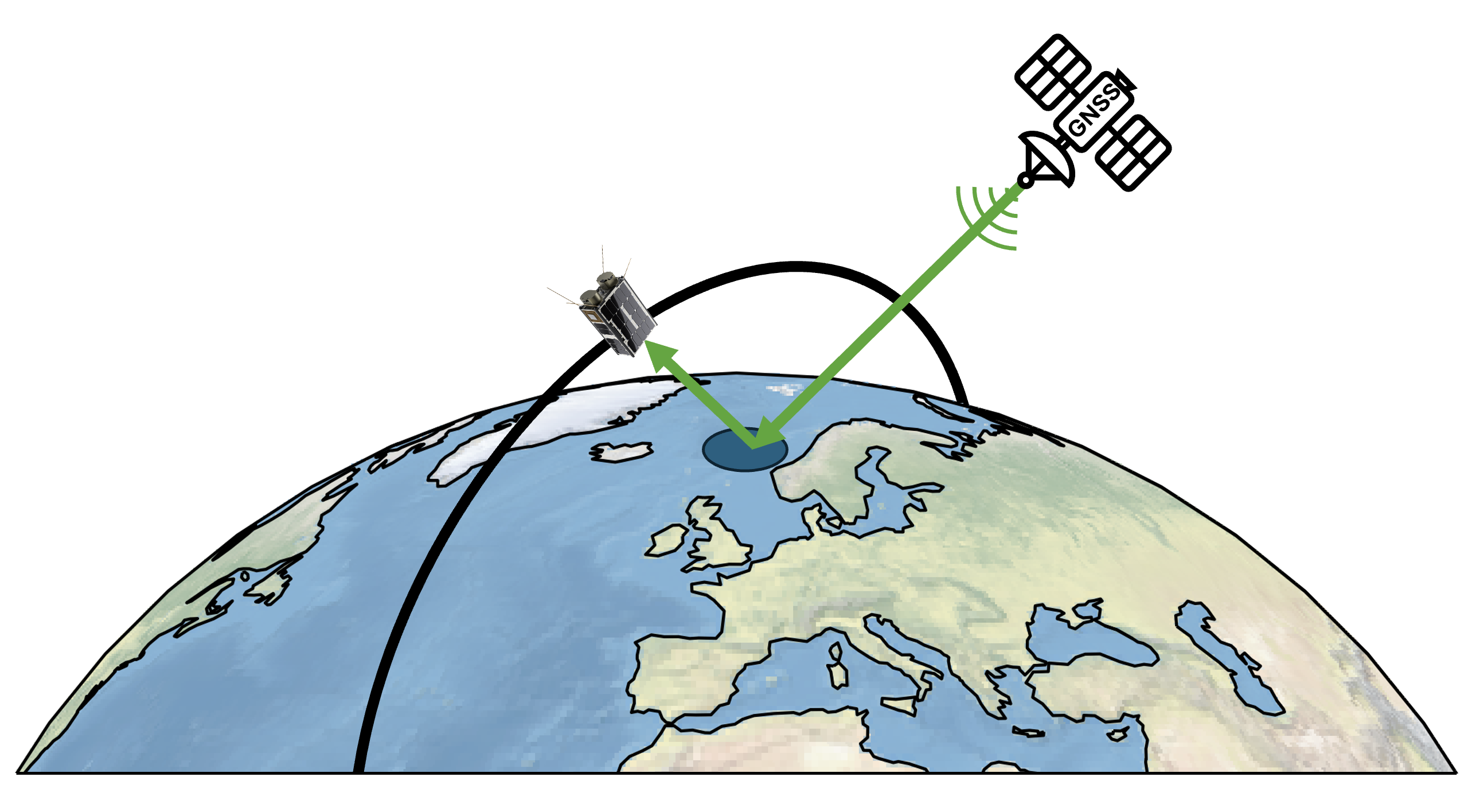GNSS-R
GNSS-R
CubeSat Concept Using GNSS-R
Global Navigation Satellite System Reflectometry, or GNSS-R, is a remote sensing technique that leverages existing navigation satellite signals to gather information about Earth's surface. The concept being developed at the NTNU SmallSat Lab explores the potential of CubeSats to utilize GNSS Reflectometry.

Among the applications that will be investigated is the possibility of improving ship detection and tracking capabilities using GNSS-R from a small Low Earth Orbit (LEO) satellite. Prior research has demonstrated the feasibility of detecting large objects like offshore installations and icebergs with GNSS-R data. However, limitations exist. Current GNSS-R instruments have limited spatial resolution. Reflected GNSS-R signals have a meager signal-to-noise ratio (SNR). Existing systems need help detecting ships because their antenna polarization does not match the reflected signal from metallic hulls. This project addresses these limitations by developing signal processing algorithms to analyze GNSS-R data and enhance signal quality for ship detection. Removing unwanted noise and improving data clarity. The benefits of GNSS-R Maritime Surveillance include the fact that it can operate in all types of terrestrial weather and in near real-time. Our project will also study interference and anomalies in the received GNSS data, in pursuit of methods to detect and localize sources for GNSS jamming and spoofing.
For more information on this specific technology contact Roger Birkeland
https://www.ntnu.no/ansatte/roger.birkeland
